Jeff Reed: The Art of Musical Conversation
By Susan Frances
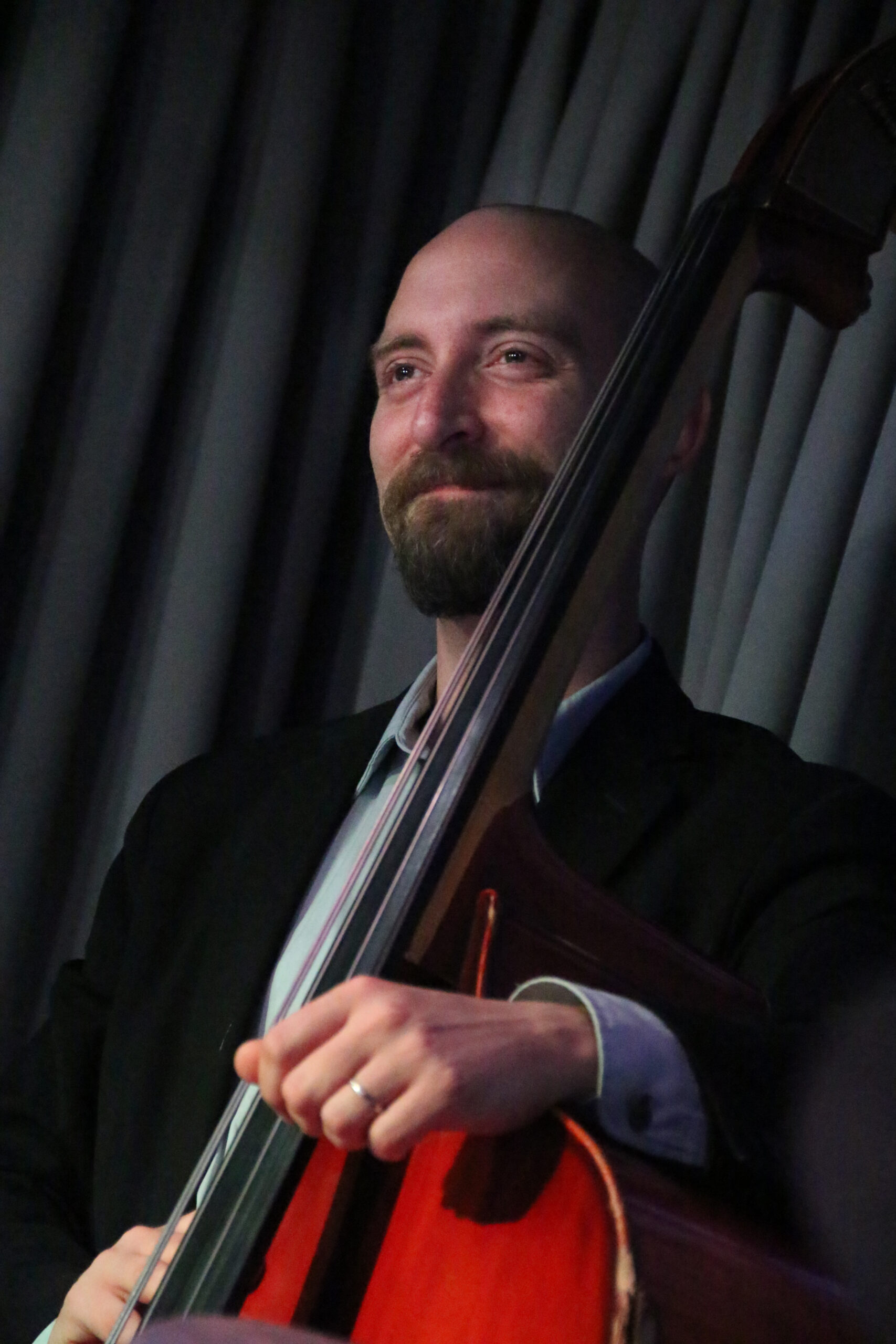 Few listeners would disagree that jazz allows musicians to practice their skills at holding musical conversations. The genre not only gives musicians the opportunity to communicate with one another through their instruments but the art form allows them to converse with their audiences. Creating musical conversations with musicians and with audiences stimulates bass player Jeff Reed to play jazz, and became the impetus for releasing his debut effort Look for the Light.
Few listeners would disagree that jazz allows musicians to practice their skills at holding musical conversations. The genre not only gives musicians the opportunity to communicate with one another through their instruments but the art form allows them to converse with their audiences. Creating musical conversations with musicians and with audiences stimulates bass player Jeff Reed to play jazz, and became the impetus for releasing his debut effort Look for the Light.
“I consider jazz itself to be one of the highest art forms,” he declares. “It’s a music that requires you to be completely proficient on your instrument. And if you were not, it becomes blatantly obvious to anyone who’s listening. You are required to be 100% in the moment and present for every single thing that happens. Otherwise, you end up ruining other people’s chance at contributing to the musical conversation that’s happening. So, in order to do it correctly, you have to understand your instrument completely, music theory completely, and the style that you are performing in completely.”
When describing what drew Reed to play jazz music, he admits, “Very difficult to say what it was that attracted me to the music. But starting in high school, I was absolutely obsessed with listening to it, even though I had no idea how to play it. I always loved the sound of the music. I would even say that when I heard the sound of jazz, i thought ‘that is the sound I’m LOOKING for!!!’ Almost like it was implanted in my brain and then I needed to FIND it!”
Finding his voice in the music he made took time. He shares about the experience to his self-discovery, “I didn’t start playing upright bass until I attended college. I entered Towson University in 1996 as a classical trombone major but found myself to be unhappy in that path. At some point, I made a choice to switch to an electric bass major, which then followed with me finding the upright bass. I loved it so much that I decided to make it my Life‘s work. I can’t quite explain what attracted me to the instrument but there was an incredible attraction upon the first note I played. There was not a lot of question. It was exactly what I wanted to do with the rest of my life.”
Composing his own original body of work came even later as he considers, “I didn’t start composing music until maybe 2007 or 2008. I waited about 10 years after beginning my jazz studies before I really honestly started writing things. I love writing, and I think it’s really important to do. For my next record, I have full intentions of having all original music presented on that. But for my first record, I wanted to include some standards that people were familiar with to give first time listeners to my music an easy and accessible way to understand who I was.”
Prior to stepping out as a bandleader and composer, Reed had been a sideman, performing with bass vibraphonist Warren Wolf, trumpeter Sean Jones, and bass clarinetist Todd Marcus. He also performed with a slew of musicians over the years including Gary Thomas, Miguel Zenon, David Sanchez, Dave Kikoski, Dave Liebmann, Tom Scott, Jeff Coffin, Bennie Maupin, Kirk Whalum, Take 6, and Tom Morello to name a few. Reed has been recorded on over fifty full length albums.
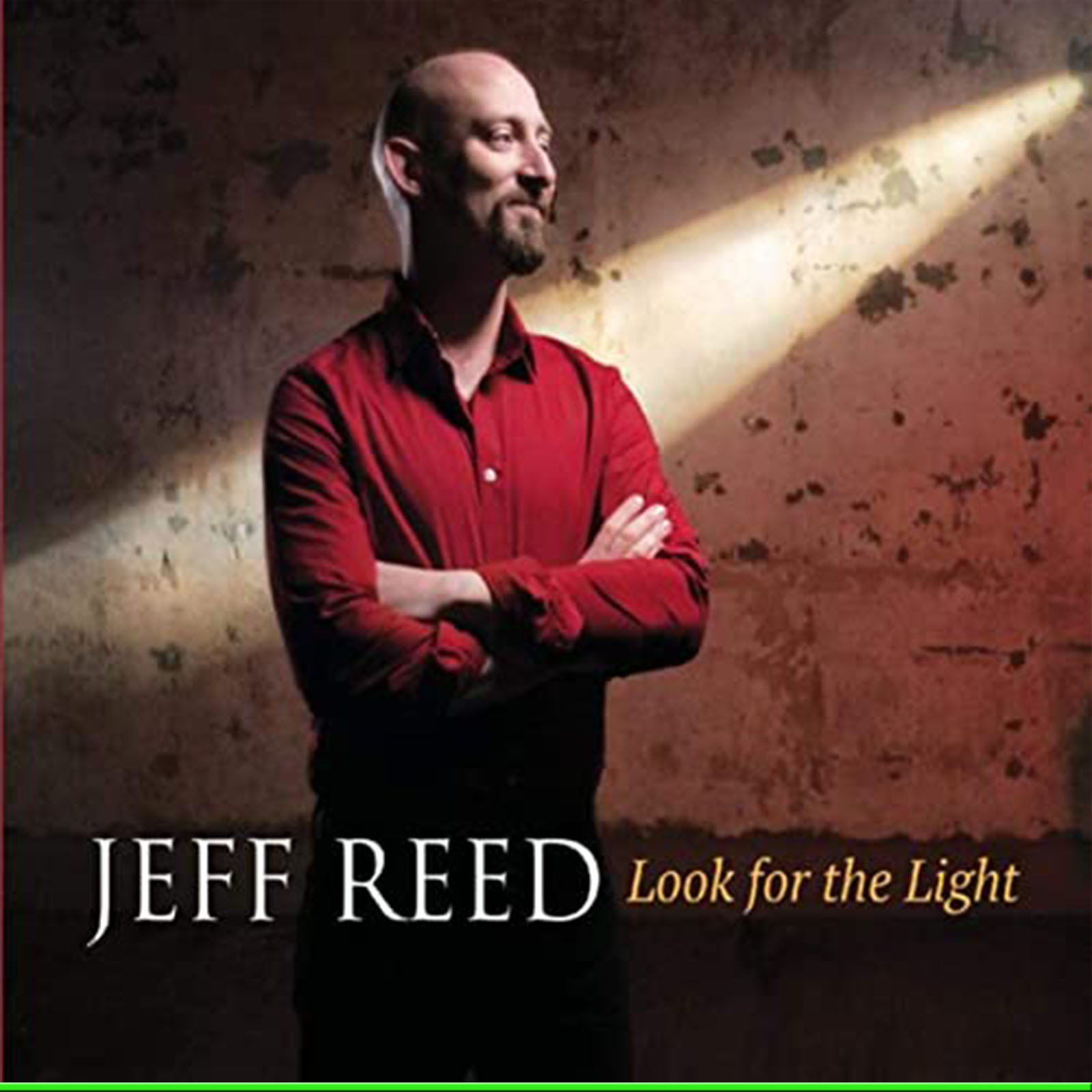 His 2020 debut release Look for the Light is a title inspired by his son, who struggled to survive at the time of his birth in 2011. Reed assures, “Fortunately, my son was and is very healthy! And thank the Lord for that. He is a wonderful son and we have had no health problems his whole life. I will say that his presence in my life has changed me on such a level, I don’t even know that I can explain it. That melody is how I felt just the moment before he started to enter this world. And that’s what it’s really an expression of. That moment followed by the rest of our lives together.
His 2020 debut release Look for the Light is a title inspired by his son, who struggled to survive at the time of his birth in 2011. Reed assures, “Fortunately, my son was and is very healthy! And thank the Lord for that. He is a wonderful son and we have had no health problems his whole life. I will say that his presence in my life has changed me on such a level, I don’t even know that I can explain it. That melody is how I felt just the moment before he started to enter this world. And that’s what it’s really an expression of. That moment followed by the rest of our lives together.
“And to be honest,” he discerns, “like the rest of my compositions, once the song starts being composed, I feel like I don’t have any control over it anymore. I just let the idea run and whatever I hear is what I write down. Once the idea starts, the rest of it just falls out on its own. Almost to the point that I feel like I’m not even writing it. I’m just writing it down.”
Partnering with Reed on the recording are Sean Jones on trumpet, Todd Marcus on bass clarinet, Jonathan Epley on guitar, and Eric Kennedy on drums. He recounts, “I met Sean Jones when he moved to Baltimore. He’s now the head of the Jazz Department at the Peabody Conservatory. I was fortunate to get a few opportunities to work with him early on when he moved to Baltimore, and he’s been kind enough to hire me for a fair amount of work that he has. We’ve become good friends and I’m very happy that I’m able to work with a musician who performs so consistently at such a high level. I felt like the trumpet was the sound that I wanted for this record, and who better than Sean Jones?”
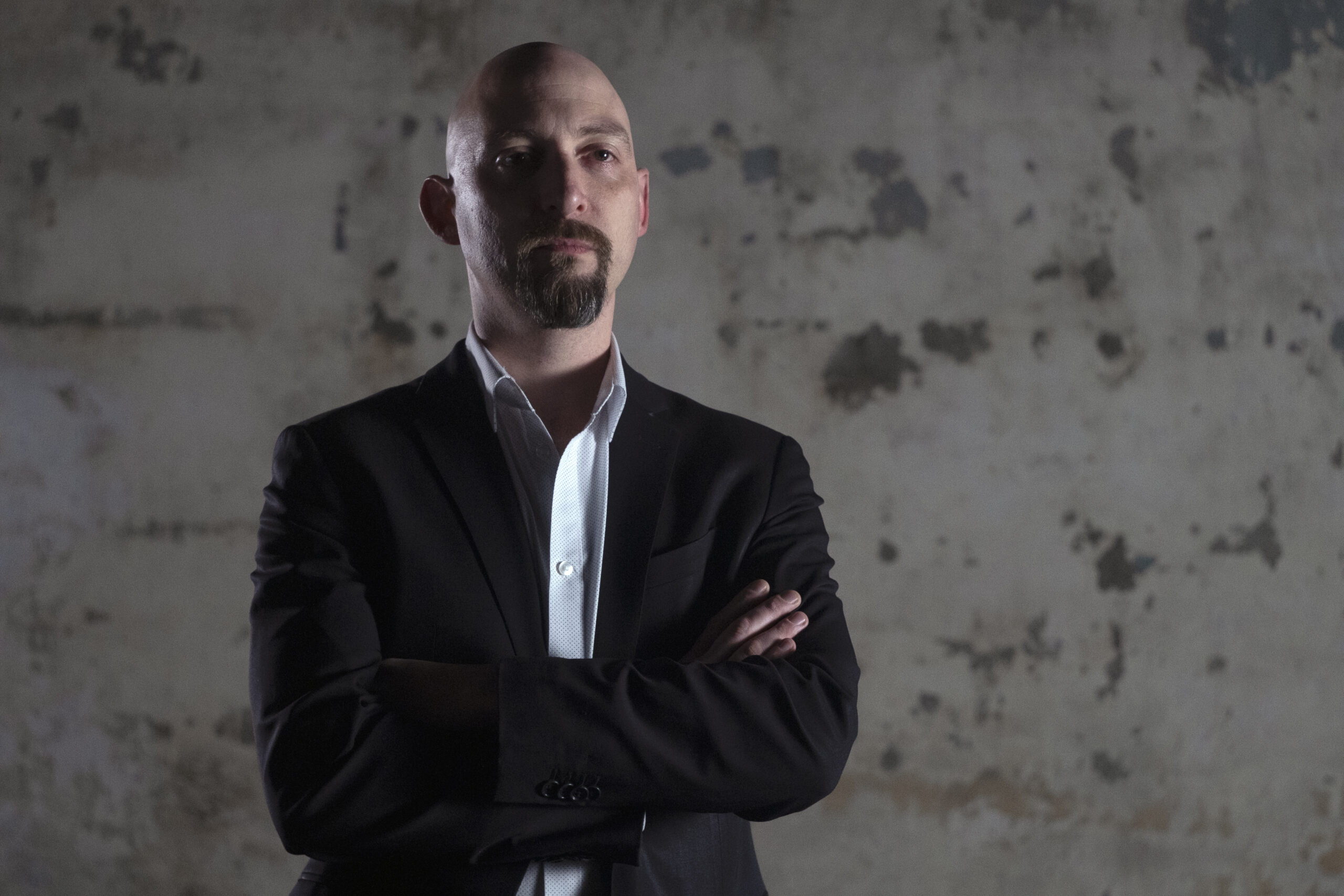 He explains how he met the other musicians on the recording. “Eric Kennedy is the drummer that I probably have worked with the most in my life. He’s a wonderful drummer, a wonderful person, and one of my best friends. The connection we have personally and musically is like no other. When I hear music, I hear Eric and me playing together. Music is effortless when I’m working with him.”
He explains how he met the other musicians on the recording. “Eric Kennedy is the drummer that I probably have worked with the most in my life. He’s a wonderful drummer, a wonderful person, and one of my best friends. The connection we have personally and musically is like no other. When I hear music, I hear Eric and me playing together. Music is effortless when I’m working with him.”
“Todd is another great friend,” he proclaims, “who has been incredibly supportive and helpful to me over the years. I love working with him, I love his approach, I love the sound of his instrument, and I appreciate him very much. He’s a good person who has the best intentions in every relationship with everyone he works with. There’s not a lot of people like that. There’s not a lot of people who are so giving and so kind.”
Jonathan Epley, who plays guitar on the recording, was another choice Reed made based on instinct. “I decided that the guitar was going to be the right sound for the music,” he determined, “and having Jonathan so close to home and the fact that he is such a incredible player made the choice easy. He sounds fantastic. I love his various influences he brings to music. It’s not just jazz in his background. There’s all kinds of other styles that you can hear in his playing, and I love the fact that he’s a unique individual. I also really enjoy what he puts in between the melody and the bass note, which is really the role of the coral flair. It’s not to play the chords, it’s to fill in the sound in the best way possible.”
The term coral flair is often used by gardeners who use the image to describe greenery that fills in an empty space. The glorious flourishes that Epley produces on Reed’s original track “Conversion” add vibrancy to the meadow of Reed’s weighted throbs and Jones’s spiked toots on the trumpet. Reed regards the track as one of the most memorable on the recording.
“‘Conversion’ has been my favorite song that I’ve written,” he deems. “And I really love the way the musicians played that on this record. 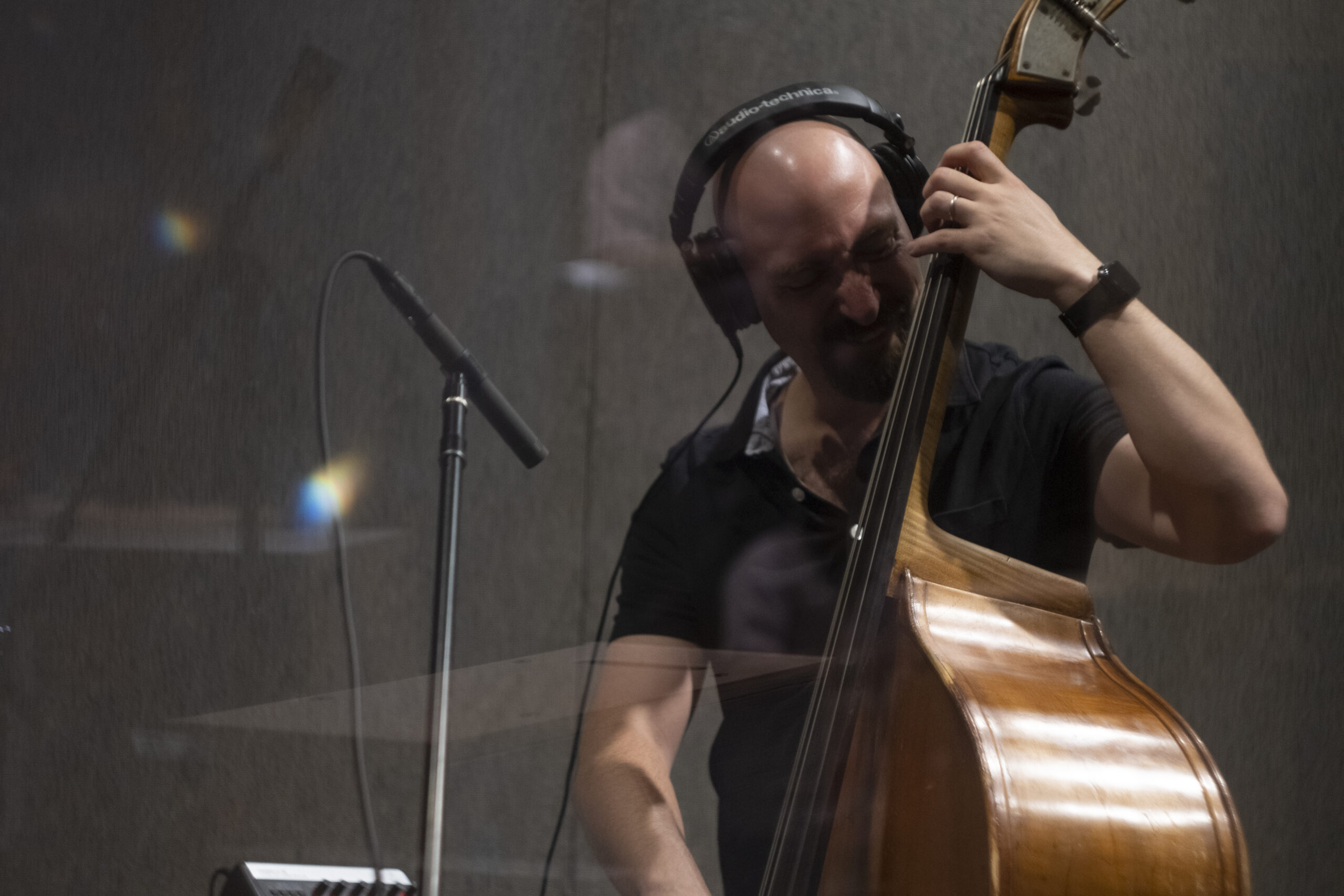 That song is something that has played very differently every time it gets played. So each individual performance is unique. I particularly love this one.”
That song is something that has played very differently every time it gets played. So each individual performance is unique. I particularly love this one.”
He highlights, “I also love the way they played my other original ‘Your Name Never Came Up’. I think that one went really well. In general, hearing my message, original music performed and recorded has been a huge thrill. Not that hearing the standard wasn’t. But hearing my own music was especially exciting so those tracks are all my favorites.”
The song selection on Look for the Light includes these handful of original tunes written by Reed and an assortment of jazz standards. Two standards that showcase Reed’s skillset as a fulcrum and a catalyst for the other musicians are “Segment” and “Quasimodo,” both written by Charlie Parker.
He examines his choice to cover these jazz standards, “I have to say, I didn’t choose them for any reason except for the fact that I love them. ‘Segment’ is a song that I have loved since I was young and ‘Quasimodo’ is one that I feel like doesn’t get played enough. It’s such a great song, and it’s such a great melody, I really wanted to play it and wanted to make it a part of my record. Conceptually, I don’t think it has anything significant to do with my message, except the fact that these pieces are, of course, just vehicles for us to express our feelings emotions and ideas through. Also, If Charlie Parker was alive today, he would have just reached the age of 100. So I thought it would be a nice time to appreciate his work on what would have been his hundredth birthday.”
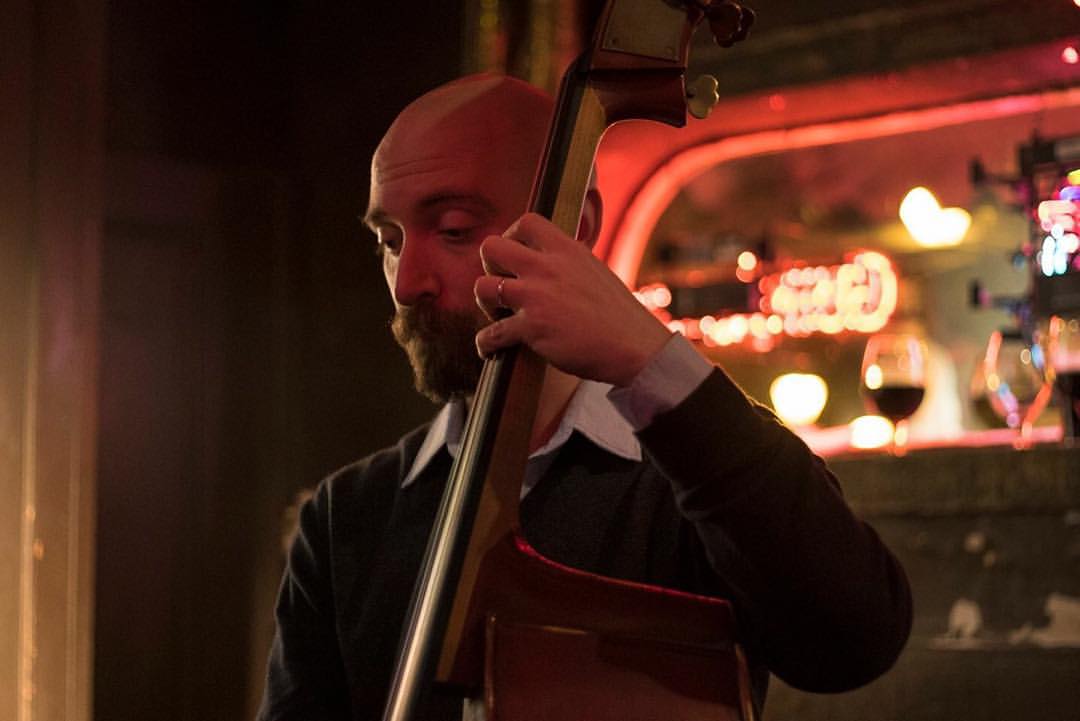 Look for the Light celebrates the goodness that people contribute to life from the past to the present. An objective that Reed likely did not intentionally mean to reach as he conveys about the recording, “I have no real goals. I just want to record and share the music. If the music helps somebody in anyway then i’m happy. People need music, people need art, and I honestly think people need jazz. It brings something very unique to the world and I am so happy that I’m able to be a part of that. I would love for people to buy the record. I would love to have it heard on the radio constantly. But overall, I feel that is a personal expression and because of that, I have already met my goal. I’ve expressed myself, and now it’s available for anyone to listen to if they’d like to. I’m a better person for having done it, and I am proud to say that is my record!”
Look for the Light celebrates the goodness that people contribute to life from the past to the present. An objective that Reed likely did not intentionally mean to reach as he conveys about the recording, “I have no real goals. I just want to record and share the music. If the music helps somebody in anyway then i’m happy. People need music, people need art, and I honestly think people need jazz. It brings something very unique to the world and I am so happy that I’m able to be a part of that. I would love for people to buy the record. I would love to have it heard on the radio constantly. But overall, I feel that is a personal expression and because of that, I have already met my goal. I’ve expressed myself, and now it’s available for anyone to listen to if they’d like to. I’m a better person for having done it, and I am proud to say that is my record!”
He reiterates, “I feel like I did a good job with the record overall.” With that said, in hindsight, he sees areas during the recording experience that could have been fine-tuned, as he reflects, “In any experience, there are many things that I can say I wish I would have done differently. This band did not rehearse prior to the recording session. A lot of the guys had played a lot of the music before, but as a band, we have never played together as a unit. I probably would do a little bit more of that before taking them at the studio, but that’s not to say that they didn’t do a good job with what we had. Those guys played the heck out of that music and I am eternally grateful to them for doing that. I think the only main thing that I’ll do differently is record more original music than I did this time. But that’s also sort of by design.”
Another aspect of Reed’s life that is vital to him is his family. While his music allows him to exercise his creativity to conceive and design,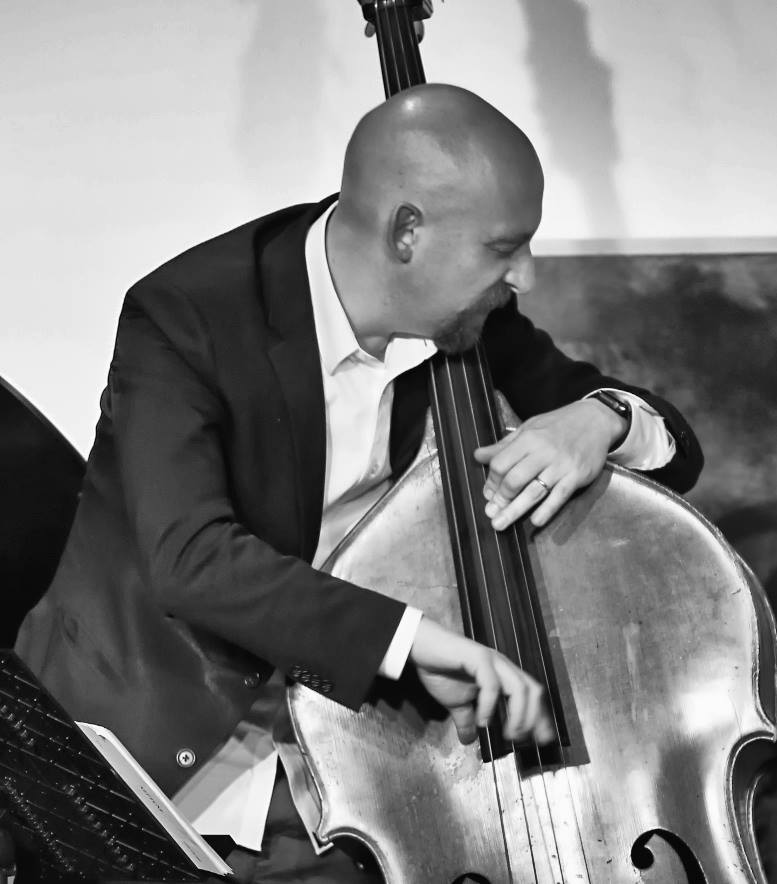 his family life requires him to be creativity in an entirely different way. “With a growing family,” he broaches, “I think the biggest challenge is the balance between family and work/art. That balance is something that has been complicated for me to manage. I spent a lot of time with my family and a lot of time with my kids but I know if I’m going to be a working artist who makes his living as a musician, I need to devote a lot of time to preparation and maintaining my technique on my instrument. All those things are very important.”
his family life requires him to be creativity in an entirely different way. “With a growing family,” he broaches, “I think the biggest challenge is the balance between family and work/art. That balance is something that has been complicated for me to manage. I spent a lot of time with my family and a lot of time with my kids but I know if I’m going to be a working artist who makes his living as a musician, I need to devote a lot of time to preparation and maintaining my technique on my instrument. All those things are very important.”
Both demanding and fulfilling, the two vital factors in Reed’s life of raising a family and exercising his musical creativity are all part of who he is. Both require him to use his communicative skills to create and hold conversations. As the fulcrum on Look for the Light, it is only natural that he takes that role in his family.
About Susan Frances:
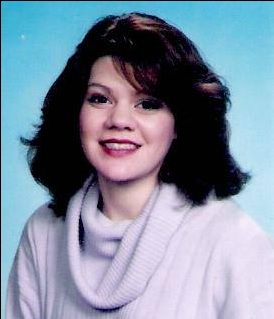 Born in Brooklyn, New York and raised in eastern Long Island, I always enjoyed writing and made several contributions to my high school literary magazine, The Lion’s Pen. Influenced by writers of epic novels including Colleen McCullough and James Clavell, I gravitated to creative writing. After graduating from New York University with a BA in Liberal Arts, I tried my hand at conventional jobs but always returned to creative writing. Since 1998, I have been a freelance writer and have over three thousand articles to various e-zines including: Jazz Times, Blogcritics, Yahoo Voices, Goodreads.com, Authors and Books (books.wiseto.com), TheReadingRoom.com, Amazon.com, Epinions.com, Fictiondb.com, LibraryThing.com, BTS emag, BarnesandNoble.com, RomanticHistoricalReviews.com, AReCafe.com, Hybrid Magazine, and BookDepository.com. In 2013 and 2014, I was a judge in the Orange Rose Writing Competition sponsored by the Orange County chapter of the Romance Writers of America located in Brea, California.
Born in Brooklyn, New York and raised in eastern Long Island, I always enjoyed writing and made several contributions to my high school literary magazine, The Lion’s Pen. Influenced by writers of epic novels including Colleen McCullough and James Clavell, I gravitated to creative writing. After graduating from New York University with a BA in Liberal Arts, I tried my hand at conventional jobs but always returned to creative writing. Since 1998, I have been a freelance writer and have over three thousand articles to various e-zines including: Jazz Times, Blogcritics, Yahoo Voices, Goodreads.com, Authors and Books (books.wiseto.com), TheReadingRoom.com, Amazon.com, Epinions.com, Fictiondb.com, LibraryThing.com, BTS emag, BarnesandNoble.com, RomanticHistoricalReviews.com, AReCafe.com, Hybrid Magazine, and BookDepository.com. In 2013 and 2014, I was a judge in the Orange Rose Writing Competition sponsored by the Orange County chapter of the Romance Writers of America located in Brea, California.





No Comments